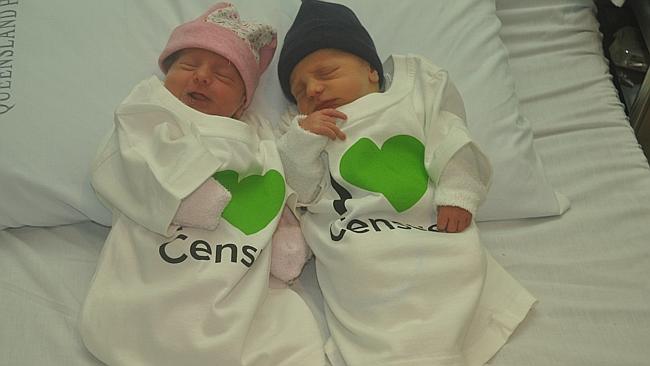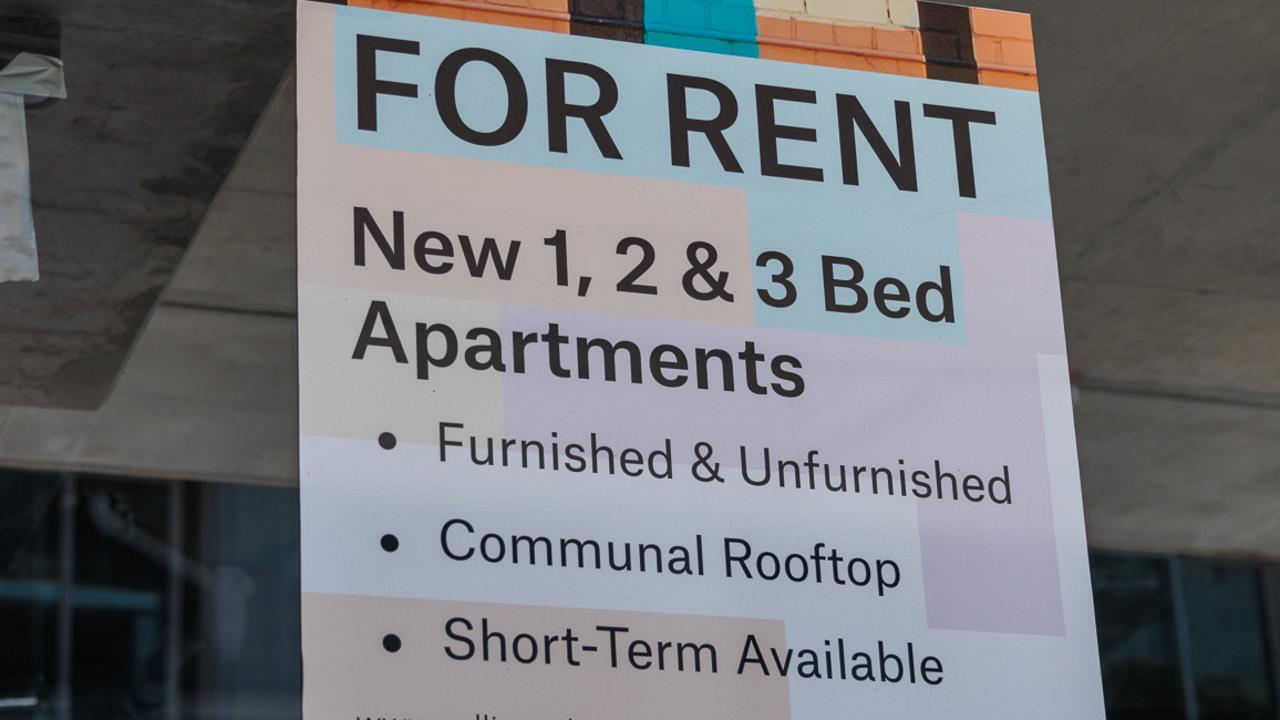Census Australia 2016: Thinking of boycotting? Read this first
PRIVACY concerns have led to high-profile calls for a boycott of the Census. If you refuse to give your correct details, expect a knock at the door.

HAPPY Census day, Australia.
The day of the five-yearly snapshot of the nation has finally arrived but many, understandably, remain a little unsure about providing their name and address.
For the first time in the 110-year history of the Census, Australians are this time compelled to provide their names and addresses, alongside other answers, prompting an outcry from privacy protectors.
A social media campaign to boycott the name-and-address requirement of the Census has been rapidly gaining momentum in the past few weeks and dissenting voices have been growing louder over the past few days.
A former deputy privacy commissioner, Anna Johnston, added her weight to some high profile name-and-address boycotters, including three senators, Nick Xenophon, and the Greens’ Scott Ludlum and Sarah Hanson-Young.
So, what happens if you decide to follow suit, or perhaps provide a false name to protect your identity?
In short, it’s against the law and you’re risking quite a hefty fine.
Those found to have provided false or misleading information on the Census face an $1800 fine.
If you do decide to leave those details out, you will be given plenty of opportunity to change your mind before a fine is issued, according to Chris Libreri, the general manager of the Australian Bureau of Statistics’ Census and Statistical Network Division.
Census field officers will knock on the doors of people who have left their names off forms starting from two weeks after the Census date.
Those who continue to refuse will most likely be referred to the Director of Public Prosecutions.
Mr Libreri noted, however, the fine rate is low.
Less than 100 people were fined after the 2011 Census.
“It’s never our decision to fine people, we go through our own processes which are extensive, and if it comes to outright refusal and there are no extenuating circumstances we would raise that with the DPP and if the DPP wants to proceed, it goes to a Federal Magistrate,” he said.
However, people opting to leave their name off the form does not exclude their information being used, Mr Libreri said.
“It’s the same as every bit of information, we use everything we possibly can,” he said.
Names and addresses will be stored for four years this year, another point of contention, as they have previously been stored for 18 months before being destroyed.
As for privacy concerns related to potential system hacking, Mr Libreri said the ABS uses the same secure keys as Census systems in the UK, Canada and New Zealand, none of which have ever been successfully broken into.
He said privacy concerns related to the Census were not new, with controversy arising about personal information from the very first Census in 1906.
Contrary to media reports in recent days, he said there had never been any discussion about commercialisation of Census data.
“Census data is free,” he said.
“The only time we ever charge for Census data is for large files to cover only the costs.”
As for the comments of former deputy privacy commissioner Ms Johnston, who wrote at the weekend she would refuse to provide her name and address, Mr Libreri said she had not contacted the ABS to determine how the data would be securely stored.
“She has never spoken to us about the things we have put in place for this Census, we have briefed all of the privacy commissioners, briefed the information commissioner and spoken to a number of people about security protocols,” he said.
“What they are saying is technically what we are doing is quite good, it meets standards and best practices.
“There seems to be a lot of people who have left these roles making a lot of noise.”
Mr Libreri said regardless, the privacy concerns seemed to be having minimal impact.
He said about two million people had completed the form online prior to Tuesday, with almost all providing their names and addresses.
“It’s been an amazing take-up, we have been knocked out by the response,” he said.
In the end, he implored those contemplating those considering a name and address boycott to consider the greater purpose of the Census.
“The Census is one of the cornerstones of Australia and Australian democracy,” he said.
“We operate under the same Act we had in 1905. It has not changed.
“It was seen by our forefathers as an important building block for the nation.
“We have information about everywhere in Australia and all that information is available for all Australians, so we can make decisions about building the nation.
“Every major investment decision in Australia looks at Census data.
“It’s quite difficult to add it up but billions and billions and billion of dollar of decisions are made based on Census data.”
Anyone with Census inquiries should phone the Census Inquiry Service on 1300 214 531 (or read our handy explainer).
kim.stephens@news.com.au




